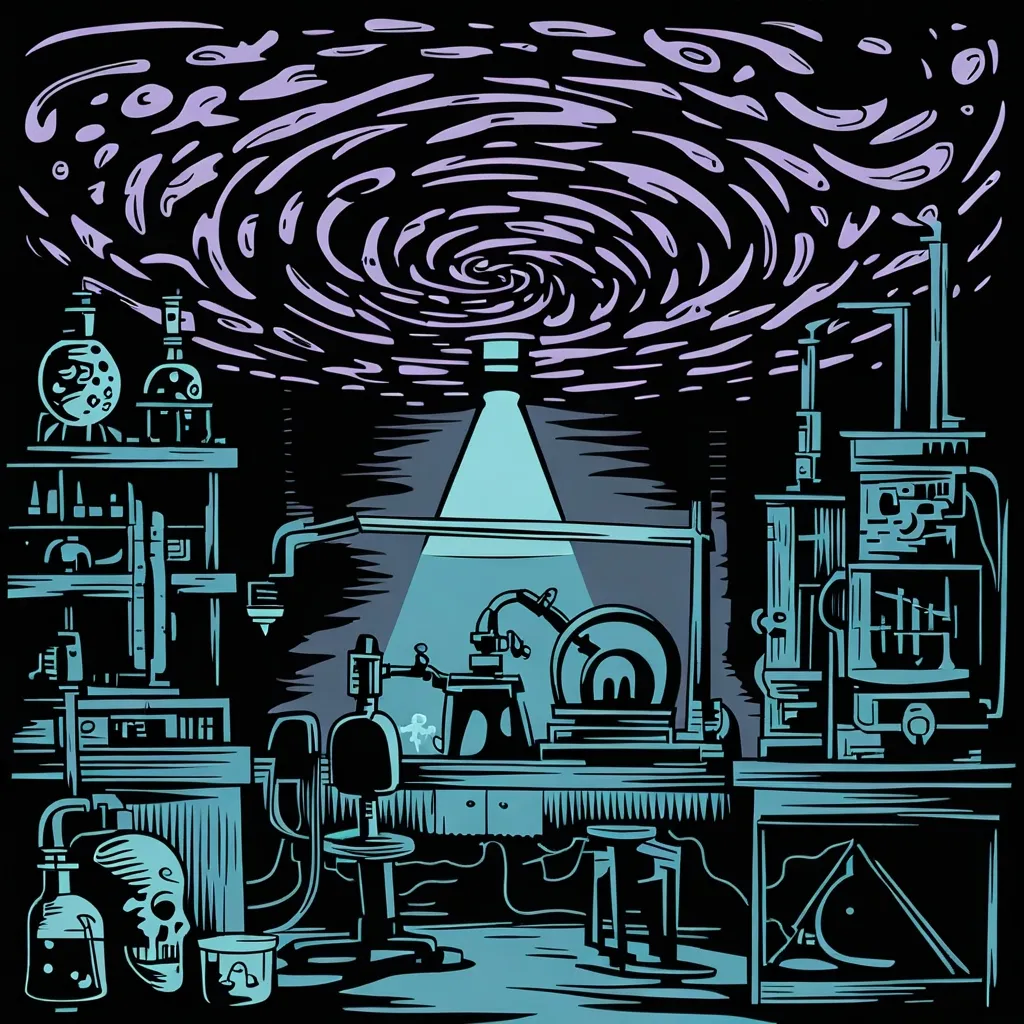Alright, let’s talk about smoking. If we’re honest, smoking can feel pretty amazing, though that’s a bit irresponsible to admit. It’s like it creates a problem and solves it really quickly. Once you’re hooked on nicotine, you go through withdrawal for up to 72 hours. You’re itchy, stressed, and nervous, but take a drag, and boom—you feel great again.
But smoking isn’t just a physical habit. It can help you focus, gives you an excuse for breaks, wards off boredom, suppresses appetite, and makes both bad and good moments better. Plus, it’s a social activity. Smokers often bond over their habit, and even the sensation of having something between your lips can be satisfying.
Let’s break this down. A cigarette is made from dried tobacco leaves and chemicals that help it burn slowly, with some flavors to make the smoke smoother. When you smoke, you mostly inhale gases like carbon dioxide and water vapor. But the magic lies in the 5% of tar particles full of nicotine. As you inhale, these particles stick to your throat, tongue, and lungs. Your lungs have tiny sacs called alveoli that exchange oxygen and carbon dioxide.
When nicotine gets into your bloodstream, it reaches your brain very quickly, giving you that rush. Your brain releases several chemicals that make your heart beat faster, make you more alert, reduce your appetite, and relieve pain and stress.
However, your brain tries to return to normal and fights against the nicotine effects, which creates an imbalance once the nicotine wears off. The more you smoke, the more your body craves it just to feel normal.
But smoking isn’t just about nicotine. Cigarettes contain a host of harmful chemicals like cadmium, lead, arsenic, and carbon monoxide. These cause endless problems in your body. For instance, your lungs get clogged with tar, making it hard to breathe, and you start coughing. Your immune system also becomes less effective.
Nicotine increases your heart rate and constricts your blood vessels, causing damage that can lead to heart disease and stroke. Worse still, smoking ages your skin faster and weakens your immune system, making you more susceptible to diseases.
In the long run, smokers almost always develop Chronic Obstructive Pulmonary Disease (COPD), which means you’ll constantly struggle to breathe. And then there’s cancer. Smoking fills your lungs with cancer-causing chemicals and weakens your immune system’s ability to fight off cancer cells.
Even though the number of smokers has been declining, millions still suffer and die from the habit every year. But there’s hope. Quitting smoking, even later in life, can add years to your life. There are many resources available to help you quit.
So why is quitting so hard? Nicotine is one of the most addictive substances. The physical withdrawal lasts about three days, but the mental and habit-forming aspects are much tougher to break, especially since smoking is often tied to social activities and daily routines.
Most people who start smoking do so as teenagers, which makes it even harder to quit later. However, fewer people are smoking nowadays, which is a positive trend.
If you’re thinking about quitting or curious what it’s like to be smoke-free, remember that every bit of effort helps. You might gain back some years of life and definitely improve your quality of life. So maybe think twice before lighting up that first cigarette.
Good thing I’ve never started smoking, but hey, I’ve got my own bad habits to kick.






